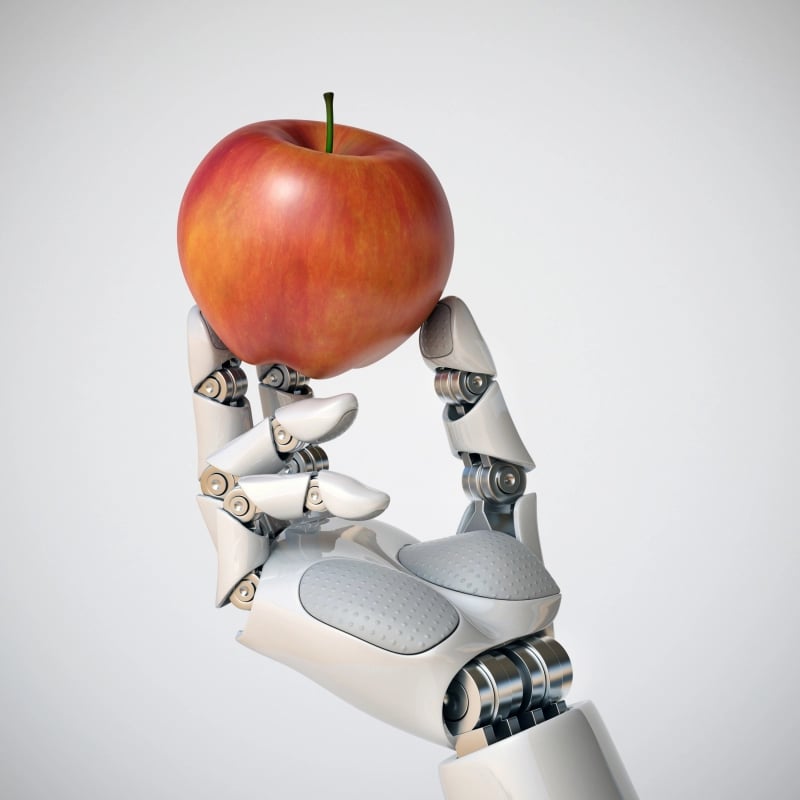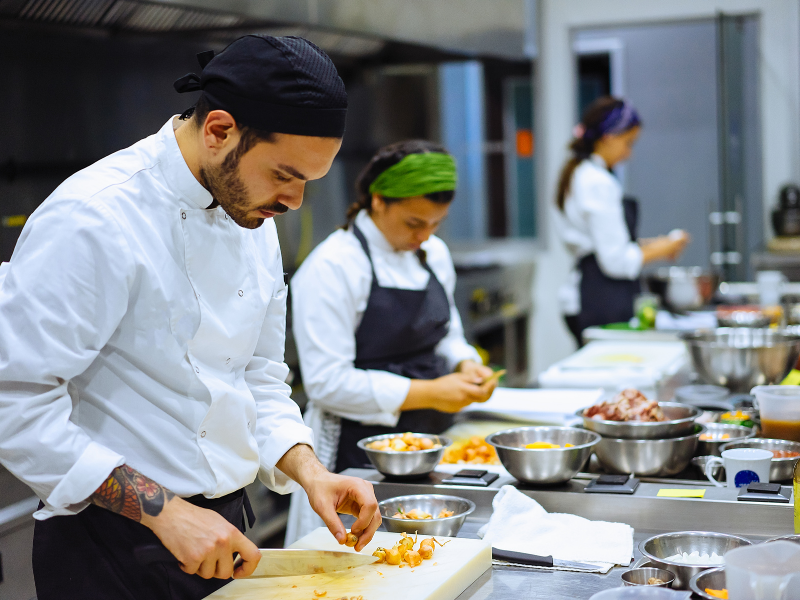
How Will AI Help You Manage Food Safety?
Artificial intelligence (AI) is very quickly gaining traction in a wide variety of industries, transforming the working world by streamlining processes, informing decision making, and allowing employees to be more efficient than ever before. Healthcare, manufacturing, retail, and education are just a few of the industries currently being revolutionized by AI, with the technology also making a significant impact on many aspects of food safety and the food service sector.
Encouraging hygiene in food service workers
Hygiene is one of the key concerns of food service operators around the world, as it directly impacts the safety of food products being sold to customers. One of the most significant ways that artificial intelligence is making a splash on the world of food safety is by ensuring that food service staff correctly follow hygiene guidelines and procedures.
AI measures have been implemented in some Chinese restaurants and manufacturing facilities that can identify when employees aren’t wearing required personal protective equipment such as masks, gloves, or hats with up to 96% accuracy. This technology could be a gamechanger when looking to improve hygiene and enforce strict procedures, helping employers better identify employees who may require additional food safety training or who aren’t taking procedures seriously.
Accurate temperature monitoring
Restaurants have to constantly ensure that refrigerators and freezers are running at correct temperatures to avoid food spoilage. They also have to be on the ball regarding factors like humidity levels, and time spent in the temperature danger zone.
AI technology is currently being developed with the purpose of monitoring factors like temperature, time, and humidity in order to more accurately inform food service workers when potential food safety problems exist, alerting them via SMS text when issues exist. Artificial intelligence being used in this capacity will work to reduce food contamination and spoilage, as well as will eliminate food waste.
Preventing and reducing food recalls
Canada sees hundreds of food recalls every year, with some recalls even causing widespread cases of foodborne illness. Using AI, grocery stores, restaurant operators, and distributors will be able to prevent food recall cases by flagging when something isn’t right about the manufacturing process of food products. AI technology that can prevent cross-contamination and identify foreign objects that have made their way into products is in the early stages of development, promising to drastically reduce food recalls around the world.
Reducing food waste
Sadly, food waste is an inevitable part of the food service and manufacturing industries, though many restaurants and facilities have gone the extra mile to reduce or eliminate food waste. This can be furthered in the future by using artificial intelligence. Technology that reduces food waste already exists, including robots that can better sort and peel potatoes, resulting in more product being used in food preparation.
On the manufacturing end of things, technology is being developed with the intention of reducing the amount of energy and water needed for cleaning processes, using only the amount of water and energy needed to rid items of any residue detected by AI technology.
Artificial intelligence will soon dominate nearly every aspect of food safety for restaurants and food manufacturers, with technology looking to prevent cases of foodborne illness, improve employee hygiene, and reduce food waste. With the perfect balance of food safety training and artificial intelligence technology, future food service providers will be able to worry less about foodborne illness, and focus more time and energy on other important aspects of their business



